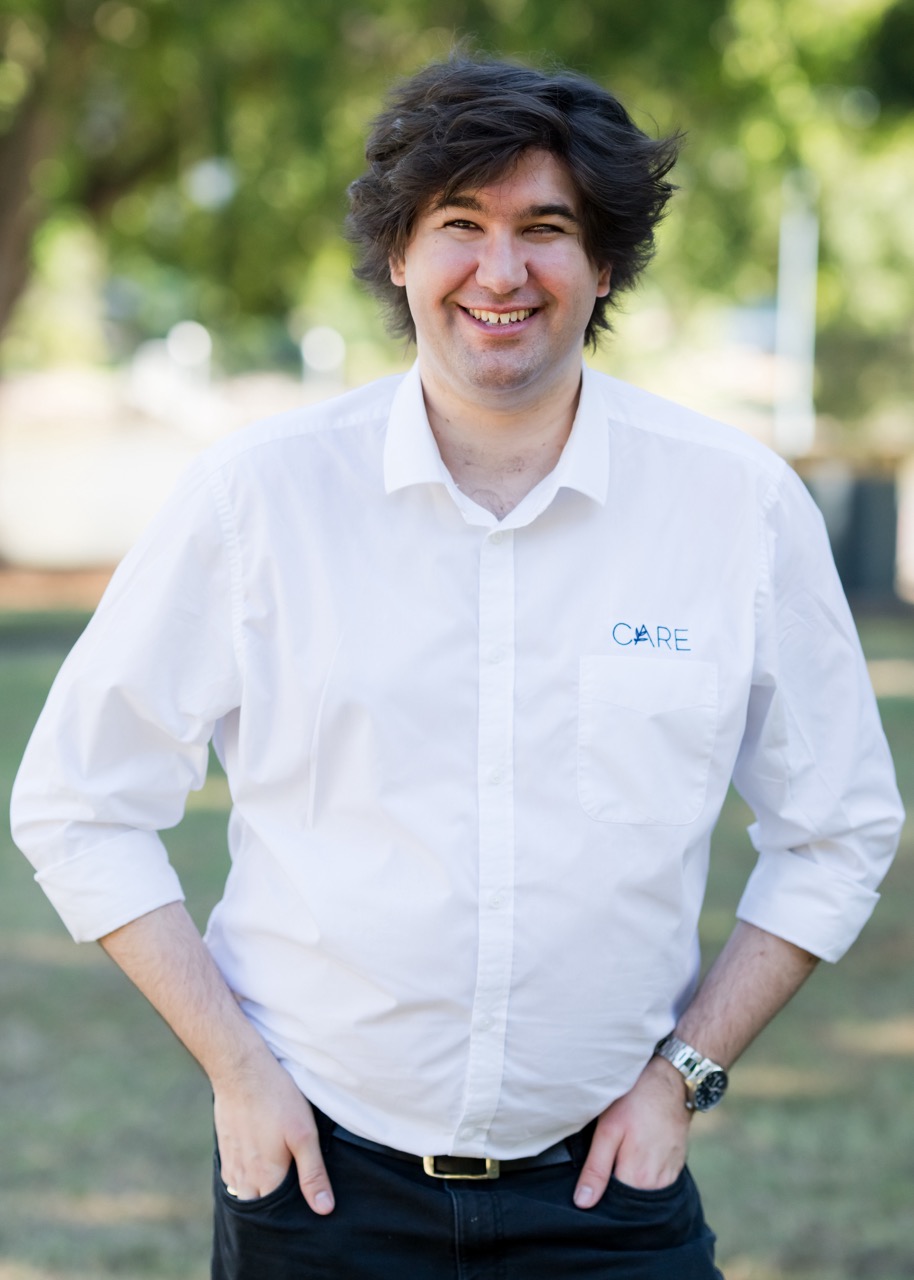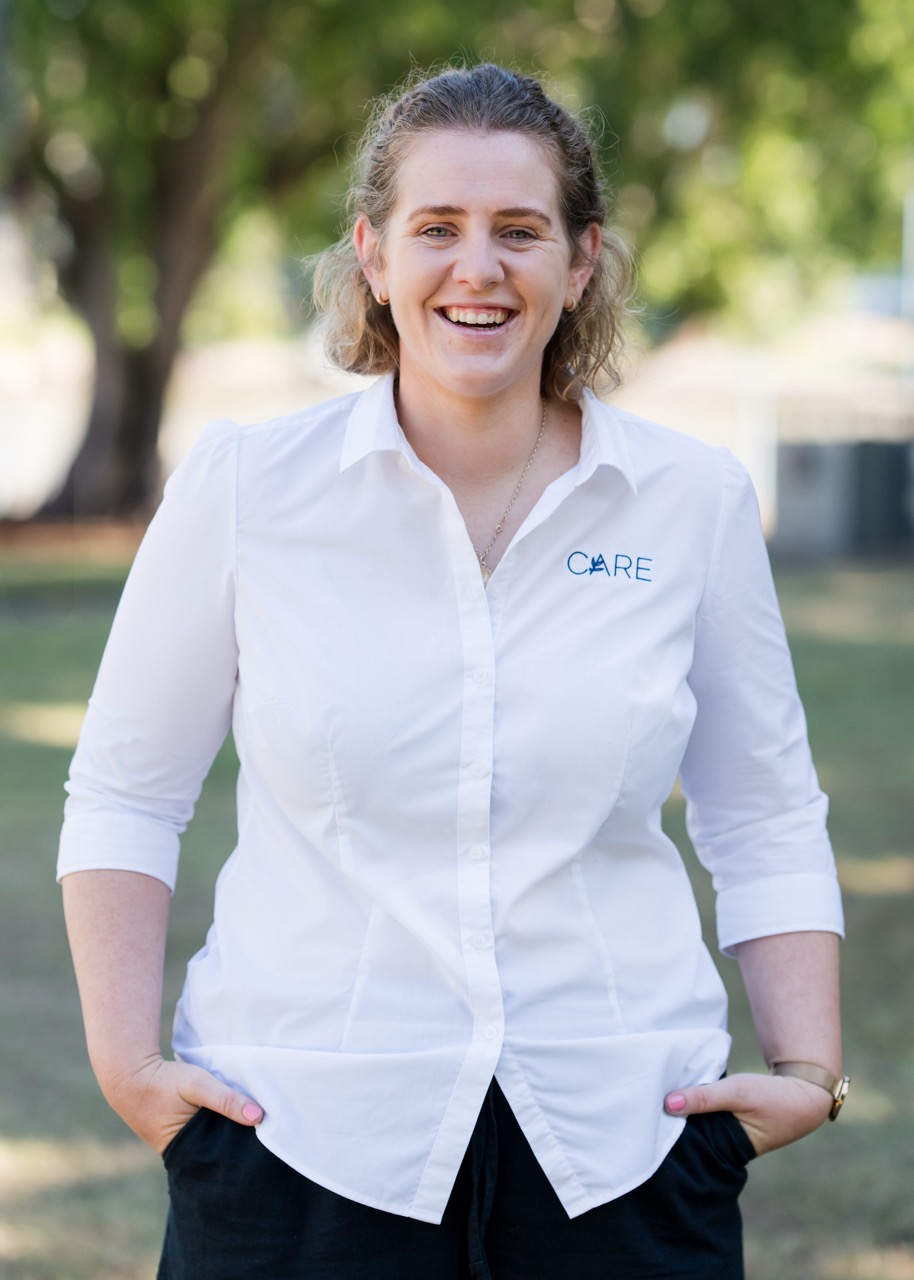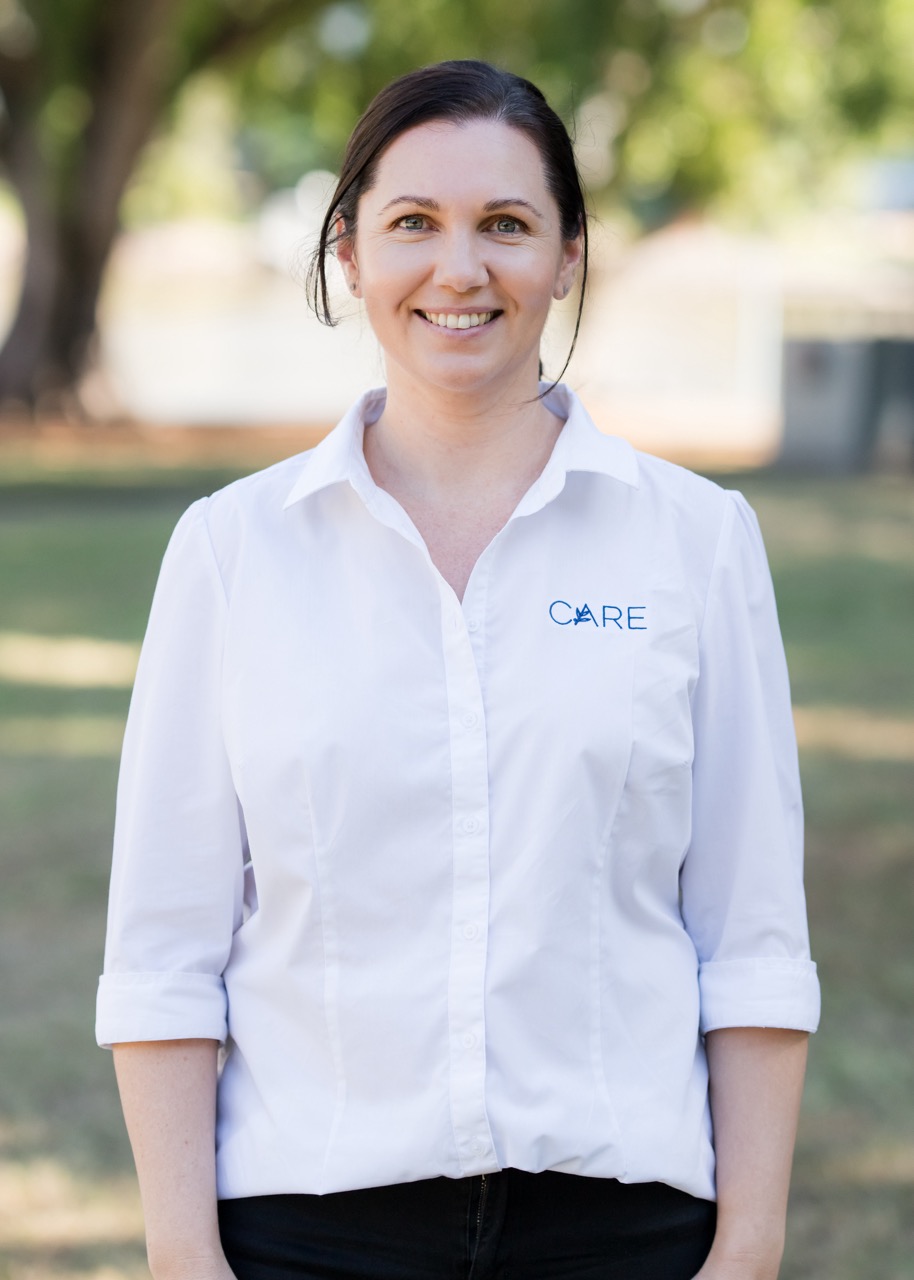Care Speech Pathology
Hearing Loss
Hearing loss affects people of all ages and backgrounds. The most common form of hearing loss is called sensorineural hearing loss. Sensorineural hearing loss can be caused by genetics, trauma or injury, illness or as a normal part of aging. It can be a shock when your child is given a hearing loss diagnosis for the first time or, as an adult, if you find you are unable to communicate effectively due to hearing loss. However, it is important to know you are not alone, and early diagnosis enables early intervention and counselling. Speech Pathologists in Australia are specially trained to improve the speech, language comprehension and communicative functions of people with hearing loss, by using evidence-based programs and intensive intervention.
At Care Speech Pathology, we know how to help.

What is Hearing Loss?
Hearing loss can range from mild to profound and may affect one or both ears. An individual with mild hearing loss may not be able to hear all sounds, but may still hear enough to understand the general idea of what is being said (e.g., they may miss specific details in conversation). Depending on its nature and cause, hearing loss can increase to profound deafness.
An individual with mild hearing loss may have trouble hearing higher pitched or whisper sounds such as ‘s’, ‘t’, ‘sh’, ‘k’ or ‘f’. For example, in the sentence “I think Sam and I should go get some ice cream”, they may hear “I ing am and I ould oh e um i-reem”. This can mean individuals have trouble understanding what is being said, they may not follow instructions and may have trouble acquiring language and speech skills.
There are many supports available for hearing loss – from amplification, augmentative and alternative communication strategies, auditory-verbal approaches to sign language and any combination of these.
How can we help kids with Hearing Loss?
Speech Pathologists are often one of the first professionals to see individuals with hearing loss. They will work closely with your multidisciplinary care team, which may include audiologists, psychologists, paediatricians and Auslan interpreters. There are a number of intervention strategies that are useful for hearing loss.
Step
To ensure that children feel as comfortable as possible, we will generally recommend that therapy takes place in a familiar environment. At Care Speech Pathology, we deliver all of our therapy sessions online over videocall (also known as “telehealth”) which allows children to attend sessions from the comfort of their own home (or even bedroom!). From there, we will start by completing a comprehensive assessment to determine how their hearing loss is impacting their communication. This assessment may include standardised tests, informal assessments, and observations of their speech in different contexts.
Step
We can then plan individualised treatment for hearing loss based on your or your child’s specific strengths, needs and most importantly, personal interests. Treatment will use various strategies to address auditory comprehension, language acquisition, and communicative functions for participation and activities of daily living. We will tailor therapy to your or your child and family’s lifestyle and goals. Treatment will involve a lot of repetition but we can cater this to your or your child’s abilities. Therapy will always incorporate family education so that the all-important practice can continue during the week at home.
Step
We will also consider your or your child’s communication as a whole and if there is anything else we can be doing to support them. For example, it might be suitable for us to provide support and training to your family, workplace or education staff (such as education non how to use non-verbal strategies to communicate with your child, such as hand signs) to help improve communication across all environments.






Meet Our Team
Nurturing Your Potential
Get to know our friendly and professional team of Speech Pathologists.
Book an appointment
Contact the Care Speech Team Today. Call 1300 086 280 or Leave Your Details Below.
Subscribe
Subscribe to our emails for the latest articles and service information


















